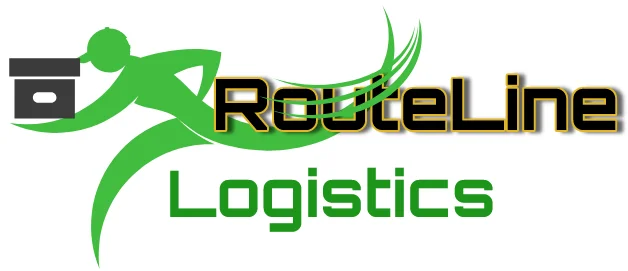Explore innovative urban logistics solutions that reduce congestion, emissions, and noise while improving delivery efficiency.
**Consolidation Centers**
Urban consolidation centers enable efficient last-mile delivery by combining multiple shipments for city distribution. These facilities reduce the number of delivery vehicles entering city centers by 40-60%. Consolidation centers often use electric vehicles for final delivery.
**Micro-Fulfillment Networks**
Small, automated fulfillment centers located within urban areas enable rapid delivery with minimal transportation. Micro-fulfillment reduces delivery distances by 70-80% and enables same-day or next-hour delivery with lower environmental impact.
**Electric Delivery Vehicles**
Electric bikes, scooters, and small delivery vehicles provide zero-emission urban delivery solutions. These vehicles access restricted areas and provide quiet operation suitable for residential deliveries. Electric delivery can reduce urban logistics emissions by 60-80%.
**Delivery Time Windows**
Optimized delivery time windows reduce congestion and improve efficiency. Off-peak delivery programs incentivize deliveries during less congested periods. Time window optimization can improve delivery efficiency by 25-35%.
**Smart Parking and Loading**
Dynamic parking and loading zone management optimizes urban space utilization. Smart systems provide real-time availability information and enable efficient loading operations. Optimized loading reduces delivery time and congestion.
**Collaborative Delivery Networks**
Shared delivery networks enable multiple retailers to use common delivery infrastructure. Collaborative approaches reduce the total number of delivery vehicles and improve efficiency. Shared networks can reduce delivery costs by 20-30%.
**Alternative Delivery Methods**
Parcel lockers, pickup points, and crowd-sourced delivery provide flexible delivery options that reduce vehicle trips. These alternatives can eliminate 30-50% of traditional delivery trips while improving customer convenience.
Sustainable urban logistics requires coordination between logistics providers, city planners, and technology providers to create efficient, environmentally responsible delivery systems.
